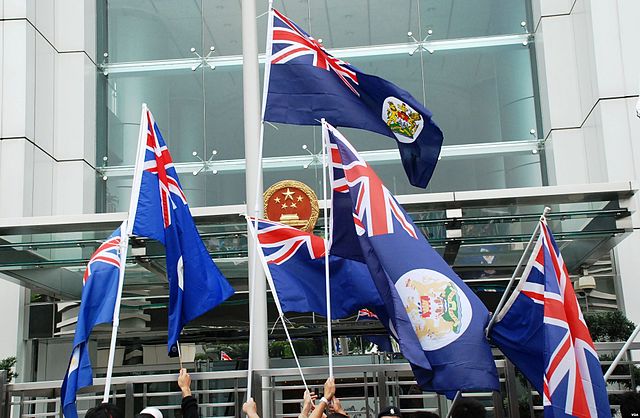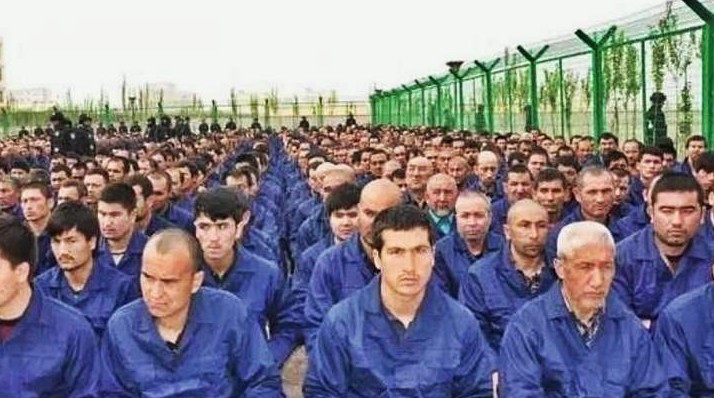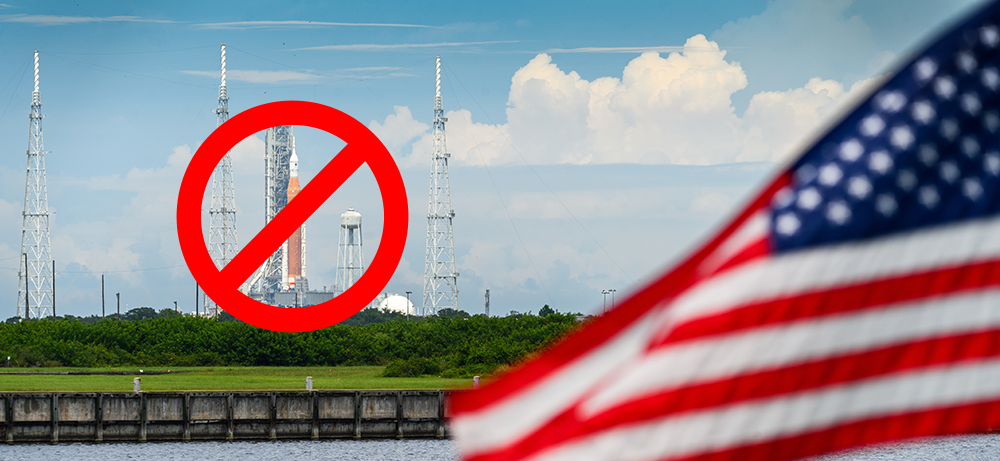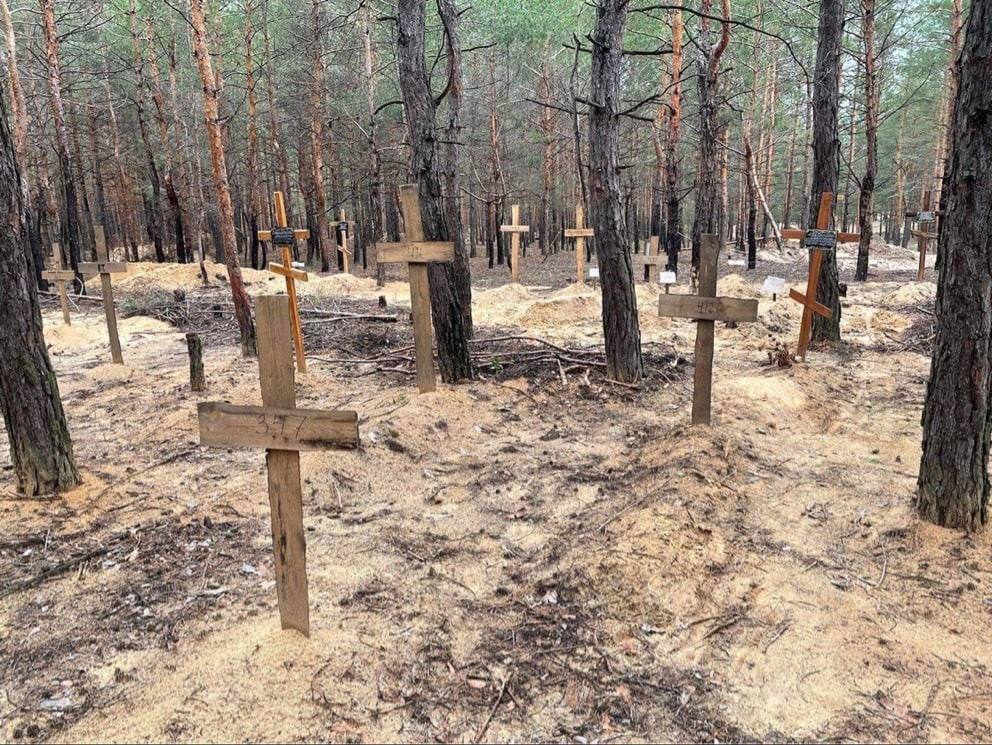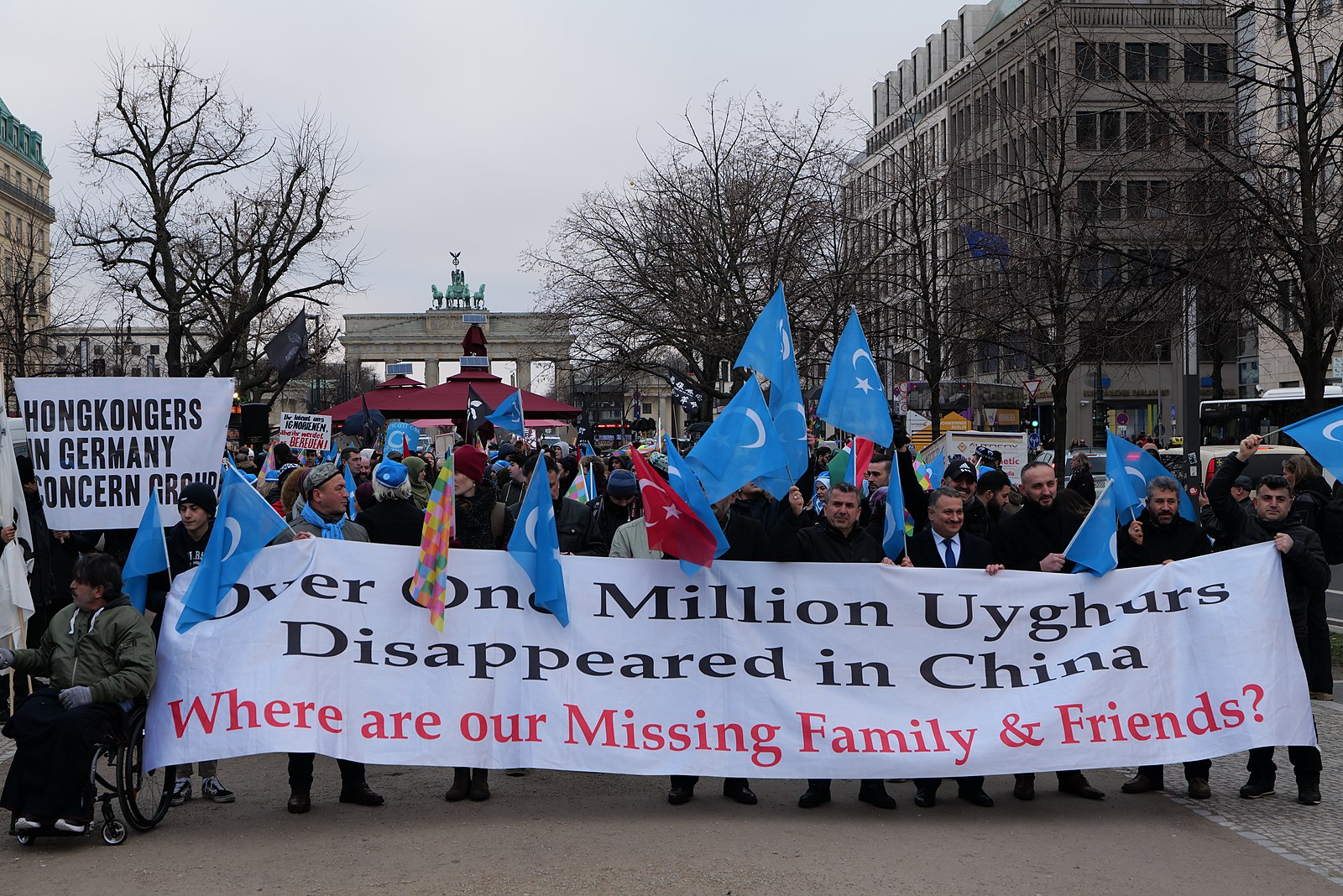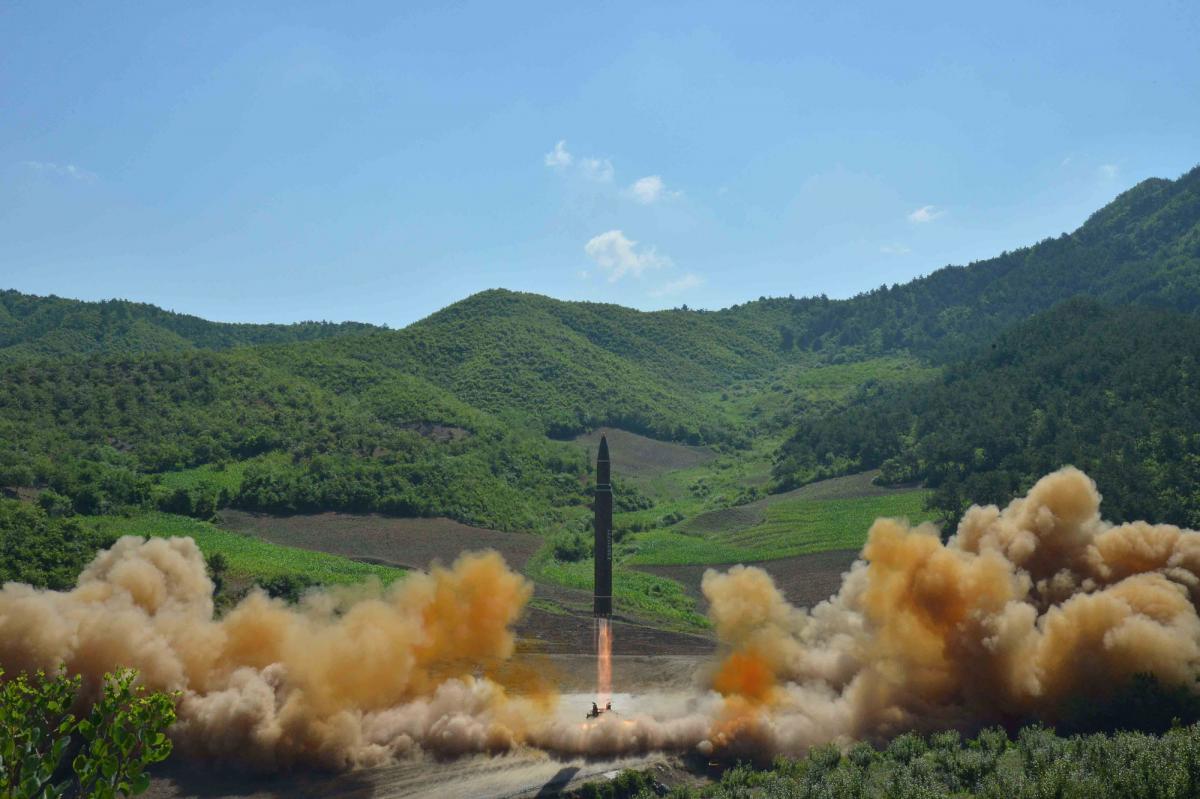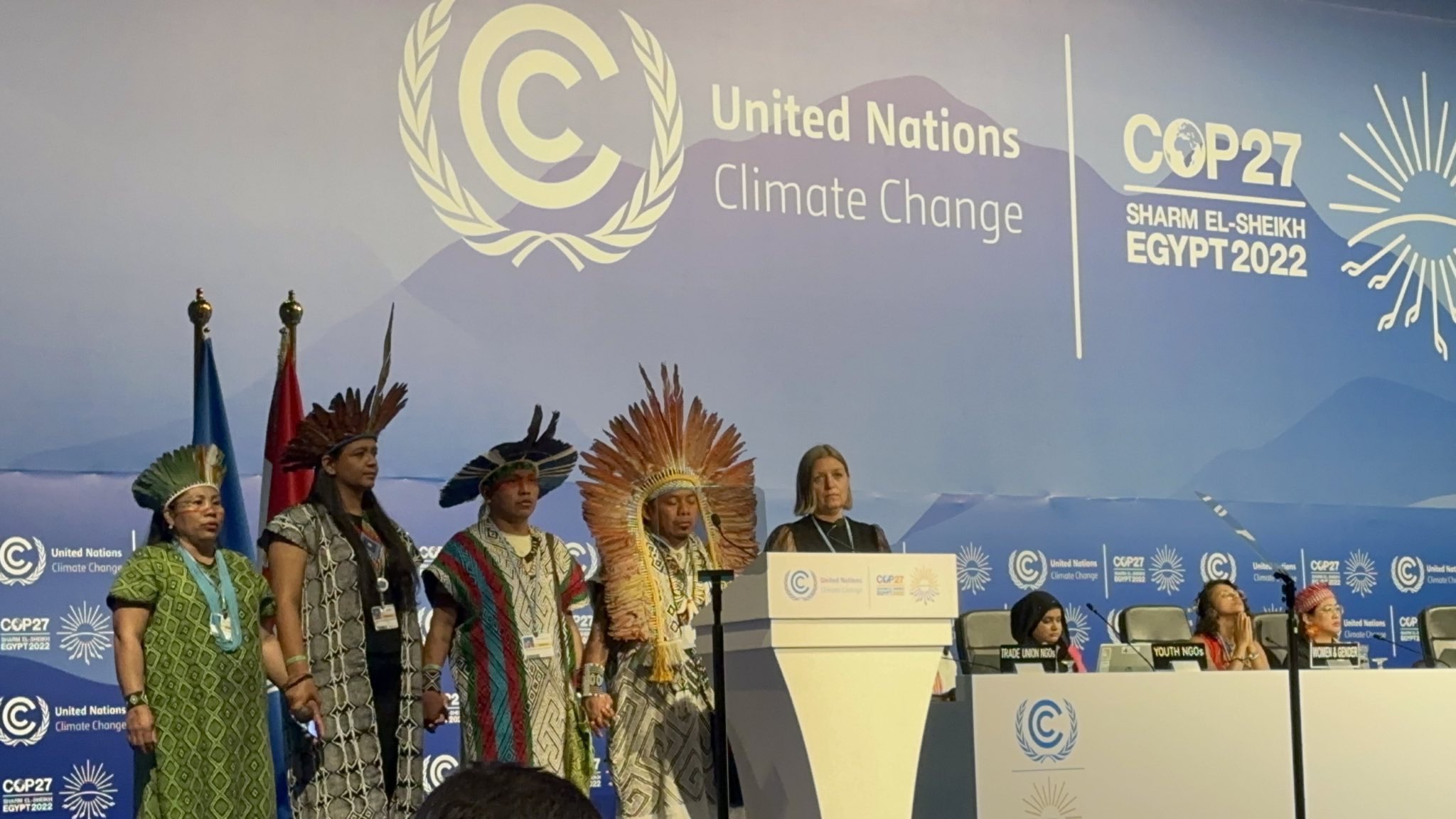
COP27: progress on ‘loss and damage,’ not mitigation
The 27th UN Climate Change Conference (COP27) closed with what was hailed as a breakthrough agreement to establish a “loss and damage” fund for vulnerable countries on the frontlines of climate disasters. Yet no action was taken to stop oil and gas expansion from fueling further disasters. India had pushed a proposal to extend to all fossil fuels the agreement to “phase down” coal reached last year at COP26 in Glasgow. A broad coalition of more than 80 countries took up the call, but host country Egypt, holding the presidency of the conference, was able to block the measure, acceding to powerful opponents prominently including Saudi Arabia and Russia. It should be noted that while Saudi Arabia and Russia are key oil and gas producers, India is a major coal producer—and fought for weaker language on the coal “phase down” at Glasgow. So the battle lines seem to reflect competition between different sectors of the hydrocarbons industry. (Photo: Tribal Army)



